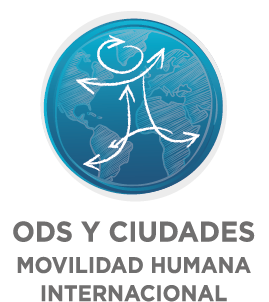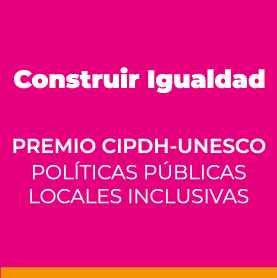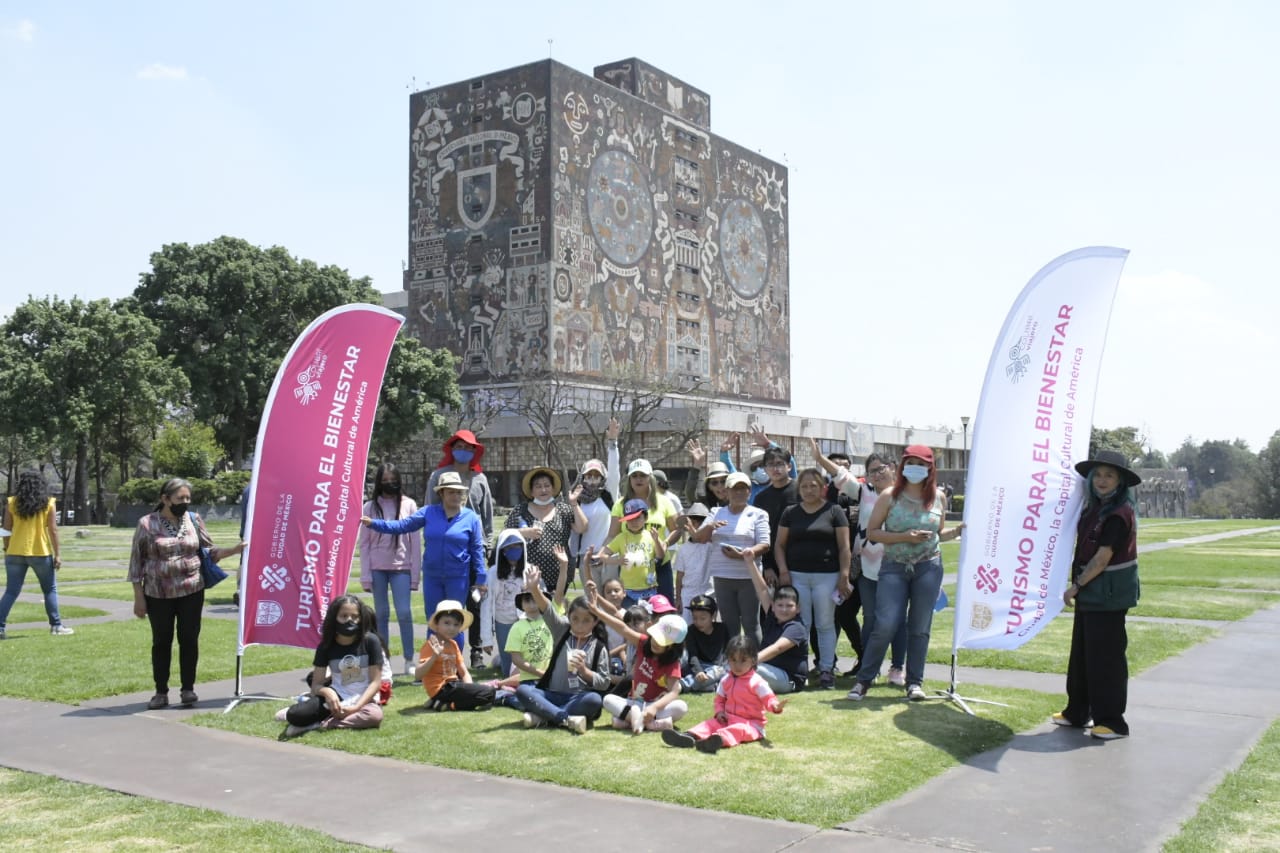
- Region
- Latin America and the Caribbean
- Range of Demographic Size
- 1,000,000 inhabitants or more (metropolis)
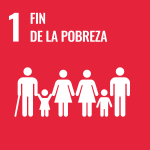
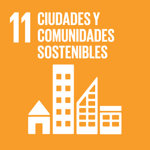
11.4 Strengthen efforts to protect and safeguard the world’s cultural and natural heritage.
11.7 By 2030, provide universal access to safe, inclusive and accessible, green and public spaces, in particular for women and children, older persons and persons with disabilities.
International Covenant on Economic, Social and Cultural Rights (ICESCR).
Summary
The Integral Actions of Social Tourism, Tourism for Well-being “Colibrí Viajero” are focused on promoting the culture of the traveler and allows inhabitants and visitors of Mexico City, especially the low-income sectors of the population and groups in vulnerable situations who for physical, economic, social and cultural reasons have little or no chance of accessing the services of the tourism industry, to exercise the right to tourism.
It is also proposed to sensitize the population about the importance of knowledge and conservation of tourist heritage due to its ability to generate well-being and prosperity.
Implementation Date:
Start: 03 / 2 / 1998
End: End: Currently in force
Persons with disabilities
LGBTI Population
Society in general
Children and teenagers
Indigenous peoples
Social/citizen participation
- Email: jorgedario.guerrero@gmail.com
- Web: https://www.turismo.cdmx.gob.mx/
- Telephone: 555286-7097 // 555286-9077 // (800) 008-9090
- Social Network:
Instrumentos


11.4 Strengthen efforts to protect and safeguard the world’s cultural and natural heritage.
11.7 By 2030, provide universal access to safe, inclusive and accessible, green and public spaces, in particular for women and children, older persons and persons with disabilities.
International Covenant on Economic, Social and Cultural Rights (ICESCR).
Location
- Region
- Latin America and the Caribbean
- Range of Demographic Size
- 1,000,000 inhabitants or more (metropolis)
Contact details
- Email: jorgedario.guerrero@gmail.com
- Web: https://www.turismo.cdmx.gob.mx/
- Telephone: 555286-7097 // 555286-9077 // (800) 008-9090
- Social network:


